Posted on
19 December 2024
Read time
1 minute
This research study was led by researchers at the State University of Sao Paolo, Botucatu, in conjunction with academics at the University of Nottingham and the Academic Centre for Healthy Ageing.
The study investigated the role of a dietary supplement, creatine, for older people admitted to hospital following an acute stroke. The supplement was found to be safe and was well tolerated by the study participants but we did not find any changes in muscle strength, muscle mass, or muscle breakdown. Nor did we see any changes in ability to undertake daily activities, quality of life, or mortality.
An interesting finding was, though, that the creatine supplement changed the levels of a body chemical called progranulin, which may influence how people’s brains recover after stroke. Further research is required to find out why the levels of progranulin changed and how this might influence future research on creatine to aid stroke recovery.
The article is free to access and can be found here.






